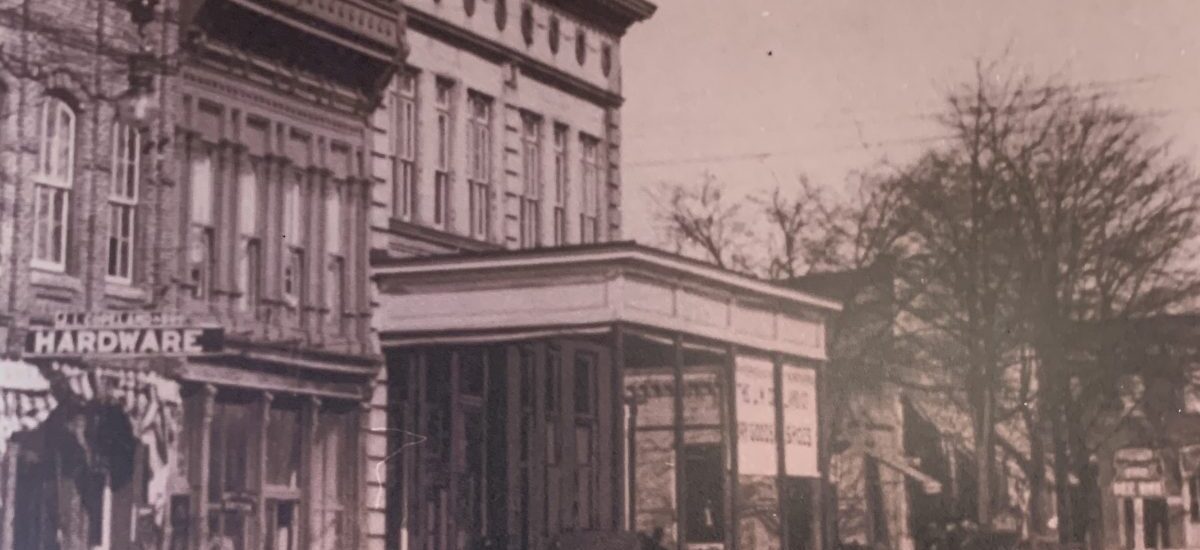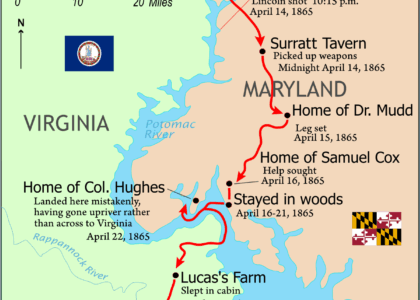Welcome to Clinton, South Carolina, a charming town with a rich tapestry of history woven through its streets. As we explore the past of this area, let’s begin at its founding. Founded in 1852, Clinton was named after Henry Clinton Young, a lawyer from Laurens who played a pivotal role in the town’s early development. Originally, Clinton was a hub for cotton production and trade, embodying the agricultural spirit of the South during that era.
As we move forward to the late 19th century, Clinton was significantly influenced by Presbyterians. In 1872, Thornwell Orphanage was founded by Dr. William Plumer Jacobs, a Presbyterian minister. This institution not only provided care and education for orphans but also became a cornerstone of the community, reflecting the town’s deep-rooted Christian values. Dr. Jacobs also established the first library in Laurens County and was instrumental in founding Presbyterian College in 1880, which continues to be a significant educational institution today.
The early 20th century brought Clinton into the industrial age. The Clinton Cotton Mill was established in 1896, which spurred economic growth and job creation. The mill attracted workers and their families from rural areas, contributing to a population boom. During this time, Clinton became known for its vibrant community life and bustling main street, where locals would gather for commerce and social events.
One notable figure associated with Clinton is Dr. Laurens Ellis, a prominent physician in the early 1900s who was known for his pioneering work in rural healthcare. His contributions to public health had a lasting impact on the community, ensuring that medical care was accessible even to the most isolated families.
The mid-20th century saw Clinton evolve with the changing times. The town played its part during World War II, with many residents serving in the armed forces and the community supporting the war effort through rationing and war bond drives. Post-war prosperity led to further development, including the expansion of educational facilities and modernization of infrastructure.
Today, Clinton is a town that honors its past while looking to the future. The historic downtown area has been preserved, offering a glimpse into the architectural styles of yesteryear, with buildings that once housed bustling businesses now serving as quaint shops and cafes. The presence of Presbyterian College continues to influence the cultural and social landscape of Clinton, fostering a vibrant academic community.
Clinton may be small, but its history is mighty, filled with resilience and community spirit. As you walk through its streets or drive past its landmarks, remember the stories of those who walked before you—pioneers, educators, and everyday citizens who shaped the town into what it is today. Whether you’re a visitor or a local, Clinton’s legacy is one of education, community, and enduring Southern charm.





